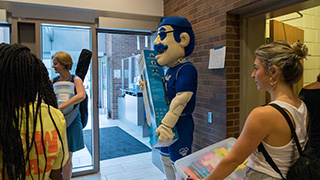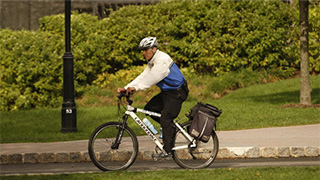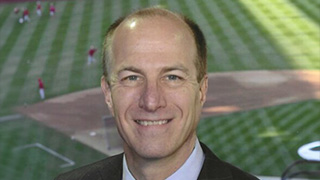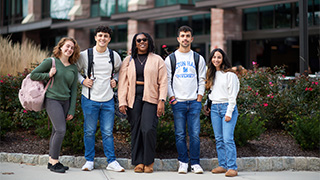Political Science Professor Cited by U.S. Supreme Court, In Dissent
Monday, May 2nd, 2022
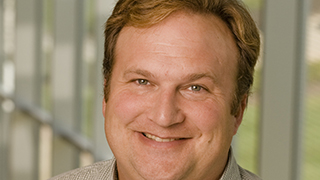
At the heart of the decision was the government's claim that information regarding aspects of Zubaydah's detention and treatment at various secret prisons could not be disclosed because the government claimed the state secrets privilege. According to the Court, "The state secrets privilege permits the Government to prevent disclosure of information when that disclosure would harm national security interests."
Lawyers for Zubaydah argued that, among other things, much of the information sought by their client was already "publicly known."
Although a lower court (Ninth Circuit) had held that "much of the information sought by Zubaydah was protected from disclosure by the state secrets privilege, a majority of the court there concluded that the "the state secrets privilege did not apply to publicly known information" and that "because the CIA contractors were private parties and not Government agents, they could not confirm or deny anything on the Government's behalf. Given these holdings, the panel majority determined that discovery into three topics could continue: the existence of a CIA detention facility in Poland, the conditions of confinement and interrogation at that facility, and Zubaydah's treatment at that location."
The U.S. Supreme Court, however, reversed that decision and remanded the case back to a lower court.
Justice Gorsuch (joined by Justice Sotomayor) dissented. Gorsuch writes:
There comes a point where we should not be ignorant as judges of what we know to be true as citizens. See Watts v. Indiana, 338 U. S. 49, 52 (1949). This case takes us well past that point. Zubaydah seeks information about his torture at the hands of the CIA. The events in question took place two decades ago. They have long been declassified. Official reports have been published, books written, and movies made about them. Still, the government seeks to have this suit dismissed on the ground it implicates a state secret—and today the Court acquiesces in that request. Ending this suit may shield the government from some further modest measure of embarrassment. But respectfully, we should not pretend it will safeguard any secret.
Further, Gorsuch cites Professor Pallitto, a former public interest lawyer and noted expert in constitutional law and matters concerning the state secret privilege, for his assertion that the state secrets privilege has been used improperly in the past (Weaver and Pallitto, "State Secrets and Executive Power," Political Science Quarterly 120(1): 85-112 (Spring 2005)). Because the state secrets privilege is potentially so powerful, Gorsuch writes, "executive officials can sometimes be tempted to misuse claims of national security to shroud major abuses and even ordinary negligence from public view" slip op. at 61. Moreover, even in the case that gave birth to the state secrets privilege, "families were denied access to proof to which they were lawfully entitled only because this Court accepted the Executive's declaration at face value." Id. At 62.
Because the opinion written by Gorsuch is a dissent in the case, it does not have the force of law. However, the law changes over time and at numerous times in the Court's history dissents have come to the forefront through a matter – a case or controversy – and have been adapted as the foundation for a new jurisprudence.
"My co-author, William Weaver, and I were encouraged to see some members of the Court scrutinizing state secrets claims more closely, given the history of executive overreach in this area. We hope that Justice Gorsuch's view will gain more adherents on the Court over time."
Pallitto has written a number of books on law and society, including Torture and State Violence in the U.S. (Johns Hopkins University Press 2011); Presidential Secrecy and the Law (Johns Hopkins University Press 2007 – co-authored with William Weaver, who is also co-author of the article cited in the aforementioned U.S. v. Zubaydah); and In the Shadow of the Great Charter (Kansas 2015).
His most recent book, Bargaining with the Machine: Technology, Surveillance, and the Social Contract, was published in August of 2020 by the University Press of Kansas.
Pallitto has also co-authored amicus briefs in several government secrecy cases and comments frequently in the media on law and individual rights cases.
Categories: Arts and Culture

